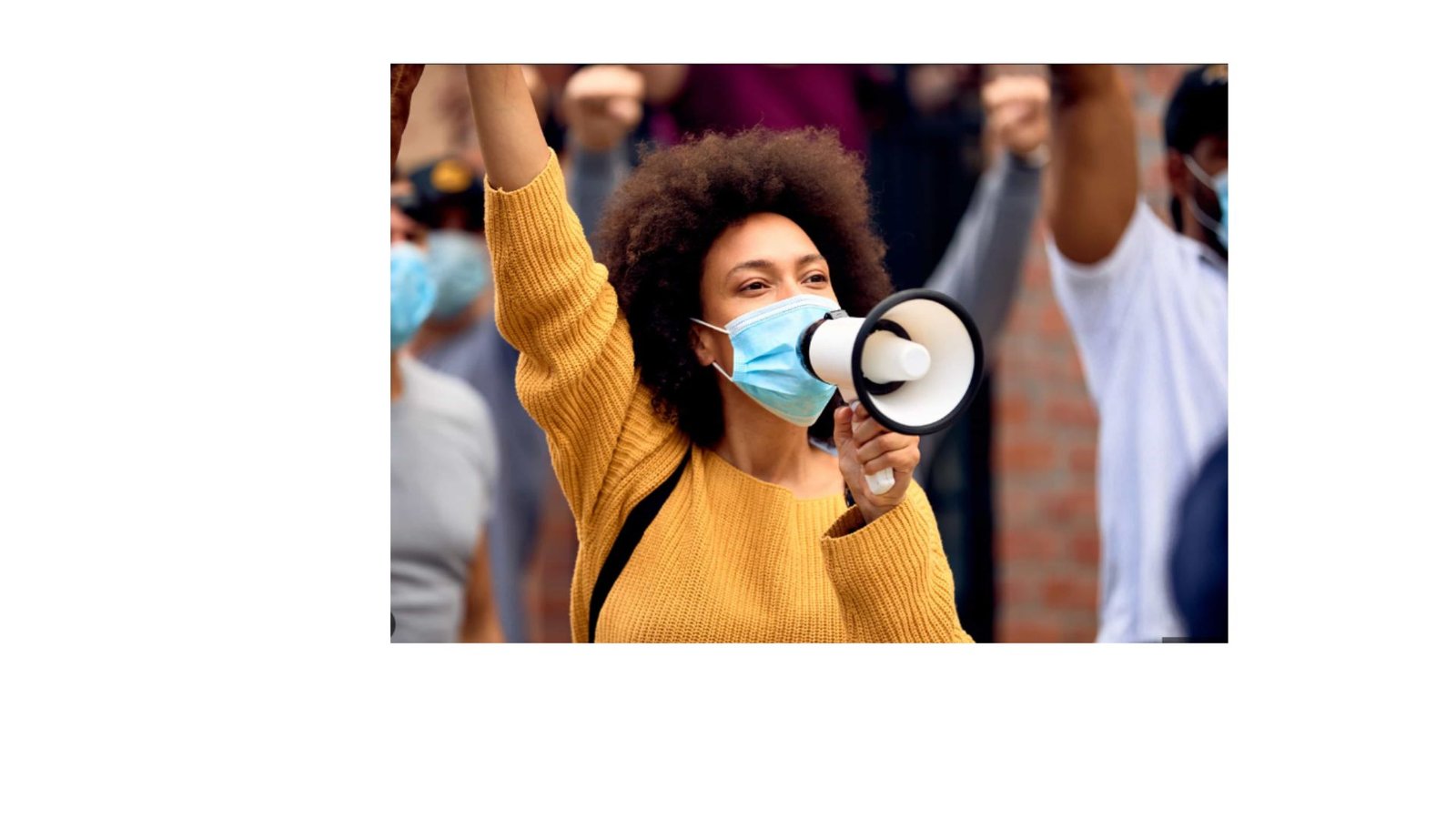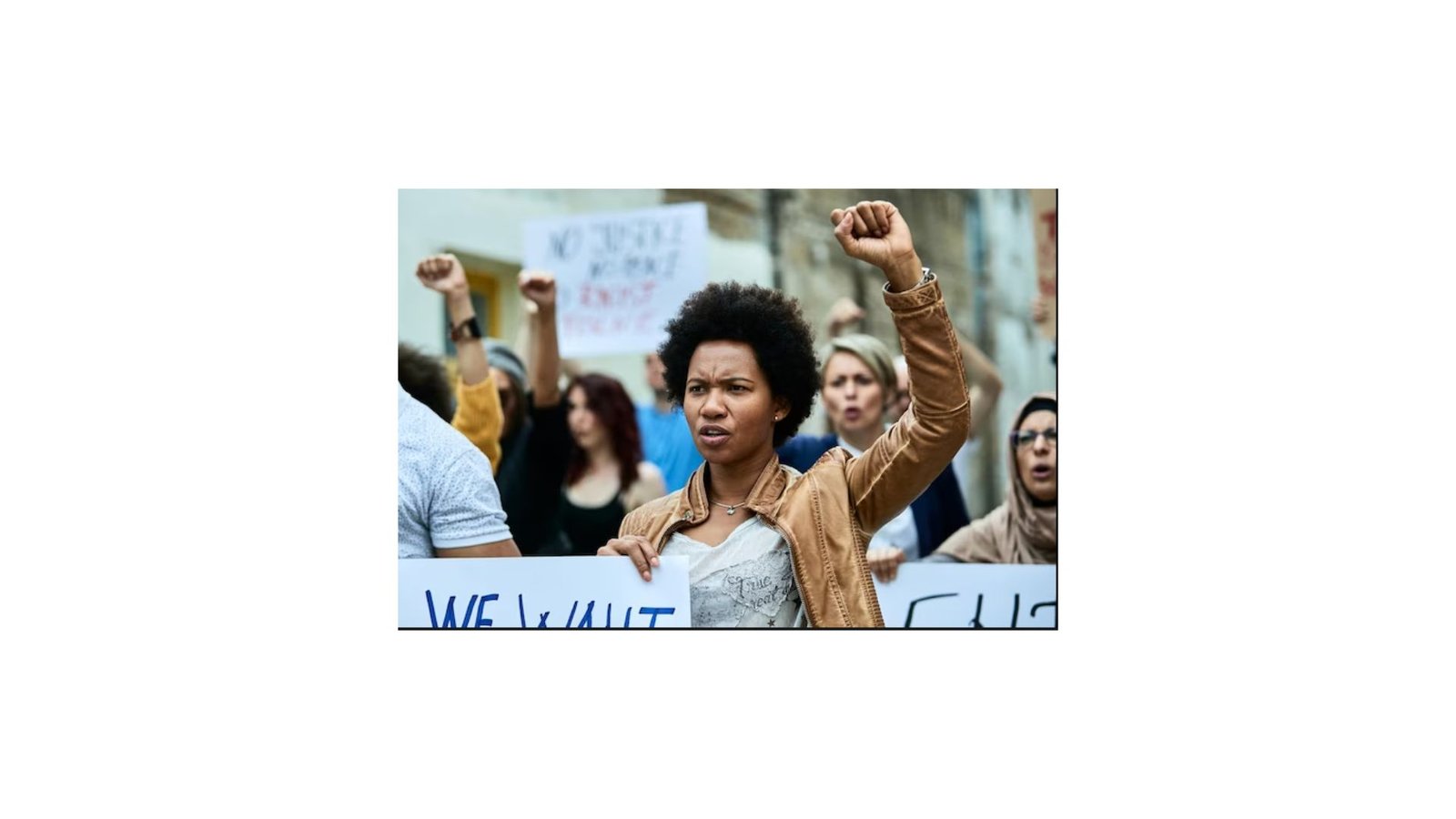|
Getting your Trinity Audio player ready...
|
Introduction
Human rights are the foundation of a just and equitable society, serving as the cornerstone of freedom, dignity, and equality for all. Yet, despite significant progress in the advancement of human rights, challenges persist around the world. In this blog post, we’ll delve into the importance of basic rights, explore key principles and issues, and discuss ways to promote and protect human rights for everyone, everywhere.
Looking into the vital principles, ongoing issues, and proactive measures surrounding human rights, this article emphasizes the universality and indivisibility of these rights. It highlights the significance of dignity, equality, and non-discrimination in the context of human rights. Through awareness, advocacy, and international cooperation, individuals can play a crucial role in promoting and safeguarding human rights for all.

Understanding Human Rights
Basic rights are inherent to all individuals, regardless of race, gender, religion, nationality, or any other status. They encompass a wide range of civil, political, economic, social, and cultural rights, including the right to life, liberty, education, healthcare, and freedom from discrimination and oppression. Understanding the universality and indivisibility of human rights is essential for building a more just and inclusive world.
Key Principles of Civil Liberties
At the heart of basic rights are key principles such as dignity, equality, and non-discrimination. Dignity recognizes the inherent worth and value of every human being, while equality ensures that all individuals are treated with fairness and respect. Non-discrimination prohibits discrimination based on factors such as race, gender, religion, disability, or sexual orientation, ensuring equal opportunities and access to rights for all.
Current Human Rights Issues
Despite progress in the promotion and protection of cvil liberties , numerous challenges persist around the world. These include systemic racism and discrimination, gender inequality, poverty, lack of access to education and healthcare, violations of freedom of expression and assembly, and threats to democratic institutions and the rule of law. Addressing these issues requires collective action and commitment from governments, civil society, and individuals alike.
Promoting Basic Rights
Promoting human rights begins with raising awareness and advocating for change. Individuals can take action by educating themselves and others about human liberties issues, speaking out against injustice and discrimination, supporting organizations and initiatives that promote civil liberties, and engaging in grassroots activism and community organizing. By amplifying marginalized voices and advocating for policy reforms, individuals can make a meaningful difference in advancing civil liberties .
Protecting Human Rights
Protecting legal rights requires robust legal frameworks, effective institutions, and mechanisms for accountability. Governments have a responsibility to uphold civil liberties obligations, including ratifying international treaties and conventions, enacting laws and policies that protect basic rights, and ensuring access to justice for victims of civil liberties abuses. Civil society plays a crucial role in monitoring human rights violations, providing support to victims, and holding governments and institutions accountable for their actions.
International Cooperation and Solidarity
Addressing global civil liberties challenges requires international cooperation and solidarity. Countries must work together to address cross-border issues such as refugee crises, climate change, and global health pandemics, while respecting the sovereignty and autonomy of individual nations. International organizations such as the United Nations and regional civil liberties bodies play a vital role in promoting dialogue, cooperation, and accountability on civil liberties issues.
Conclusion
In conclusion, upholding civil liberties is essential for building a more just, peaceful, and sustainable world. By embracing the principles of dignity, equality, and non-discrimination, and taking action to promote and protect human rights, individuals can contribute to positive change and make a meaningful difference in the lives of others. Let us stand together in solidarity, advocating for human rights for everyone, everywhere.
you can find more here:
Navigating Challenges, Celebrating Triumphs: Women’s Rights Movements Across the Globe

